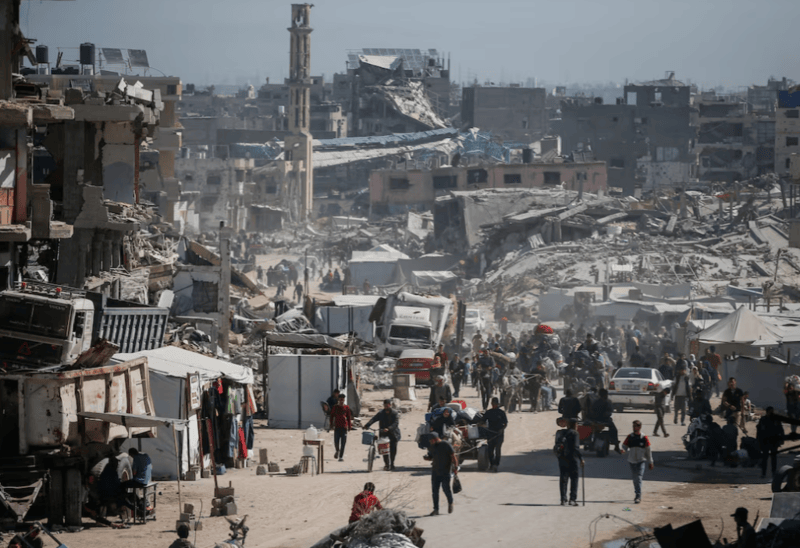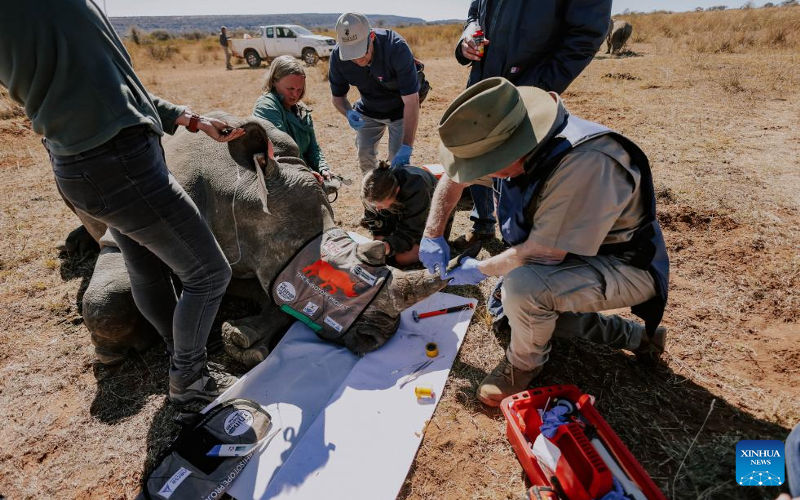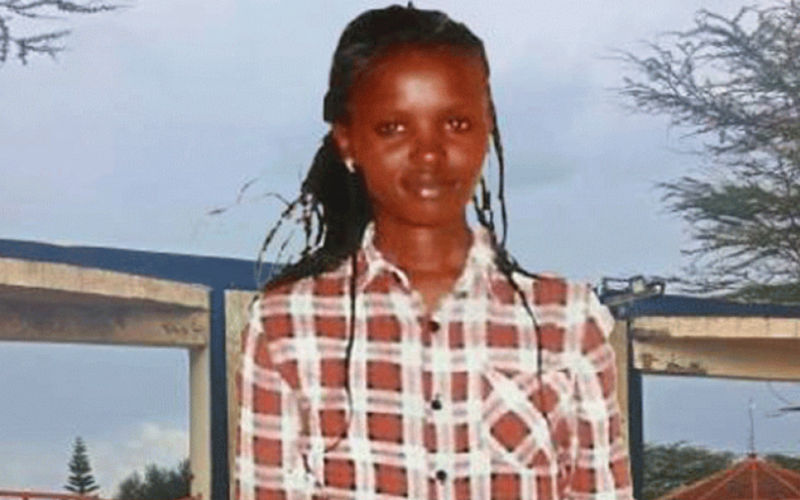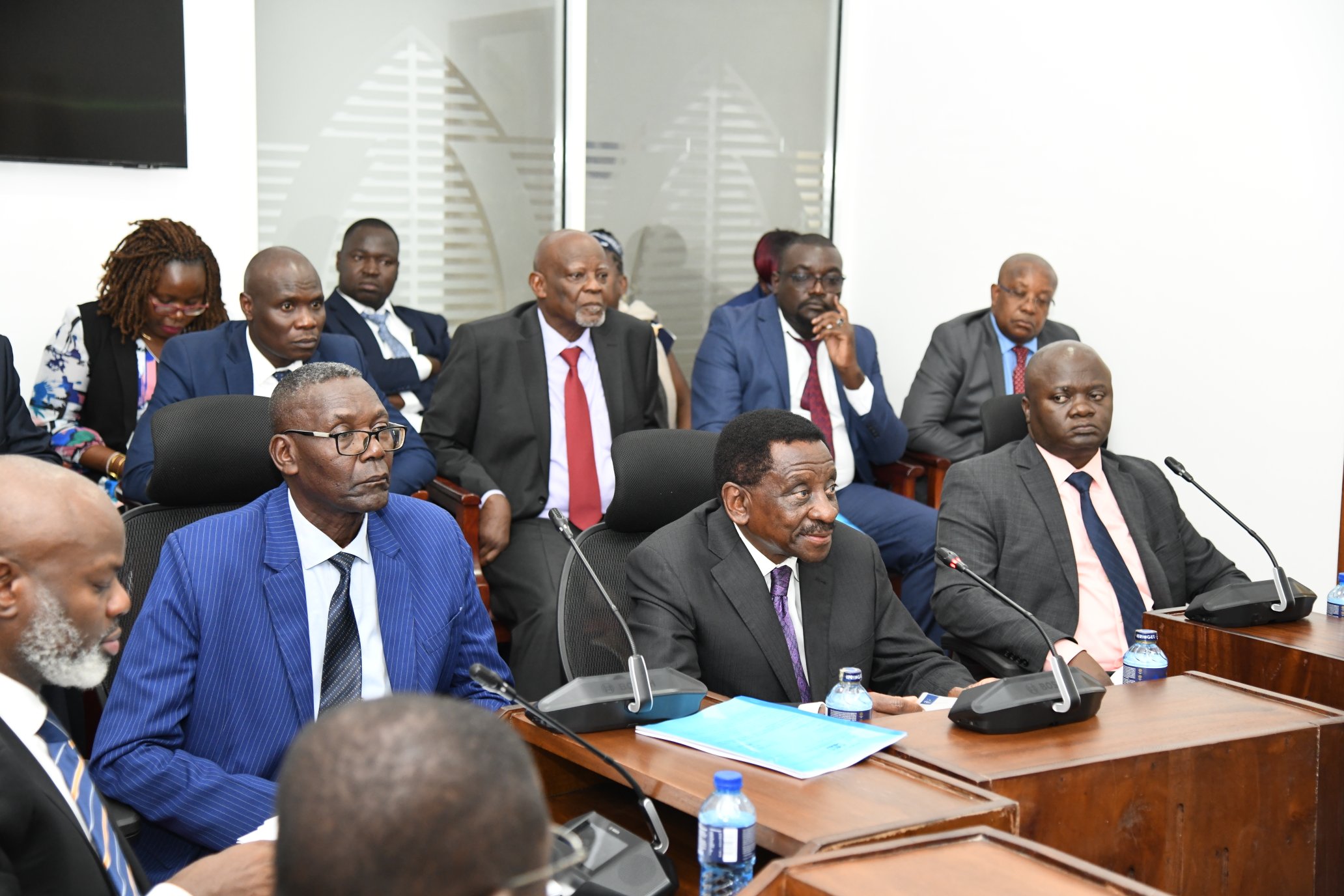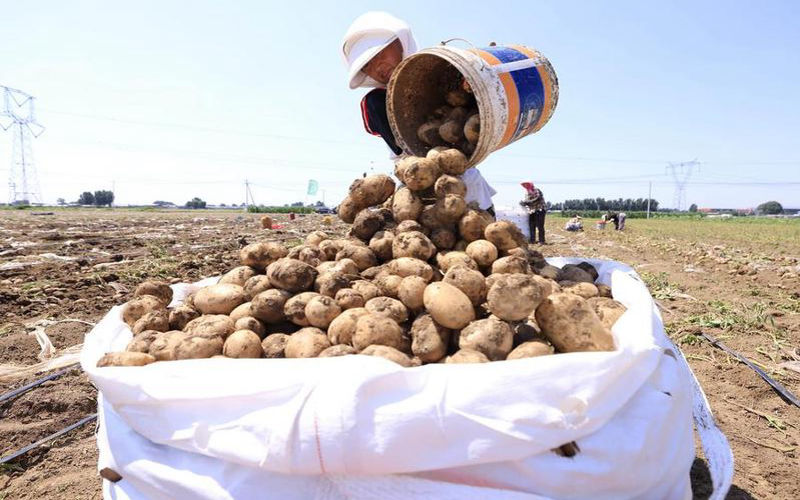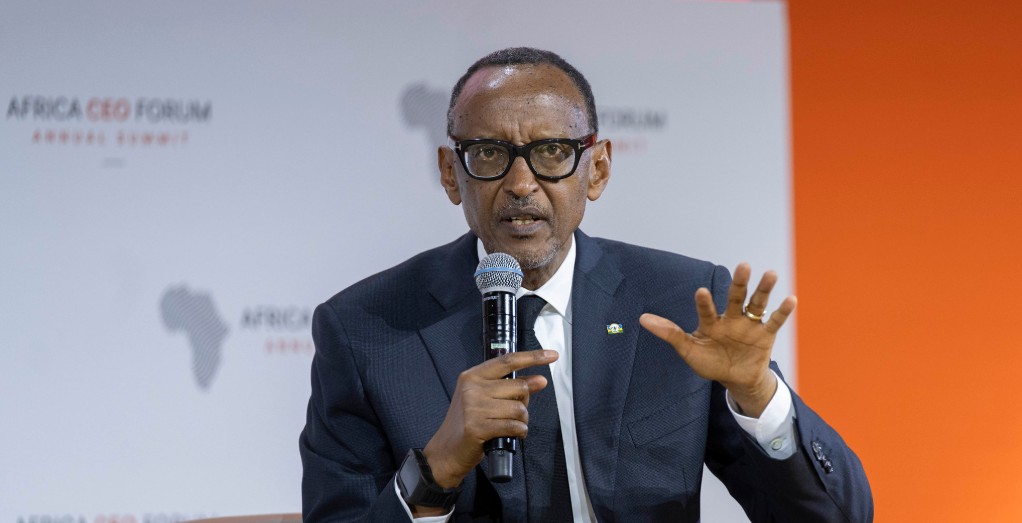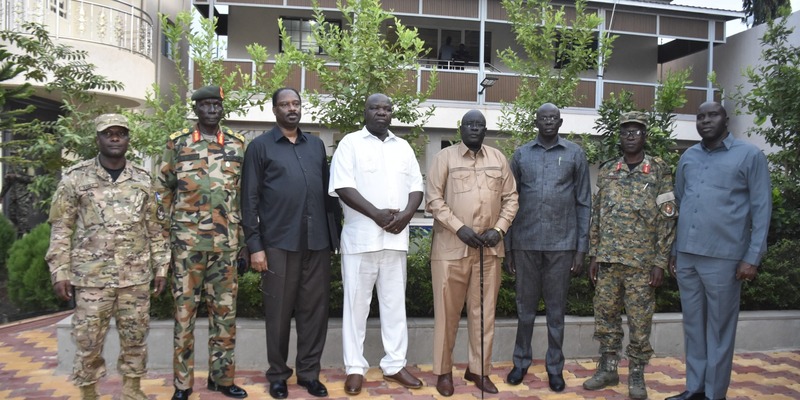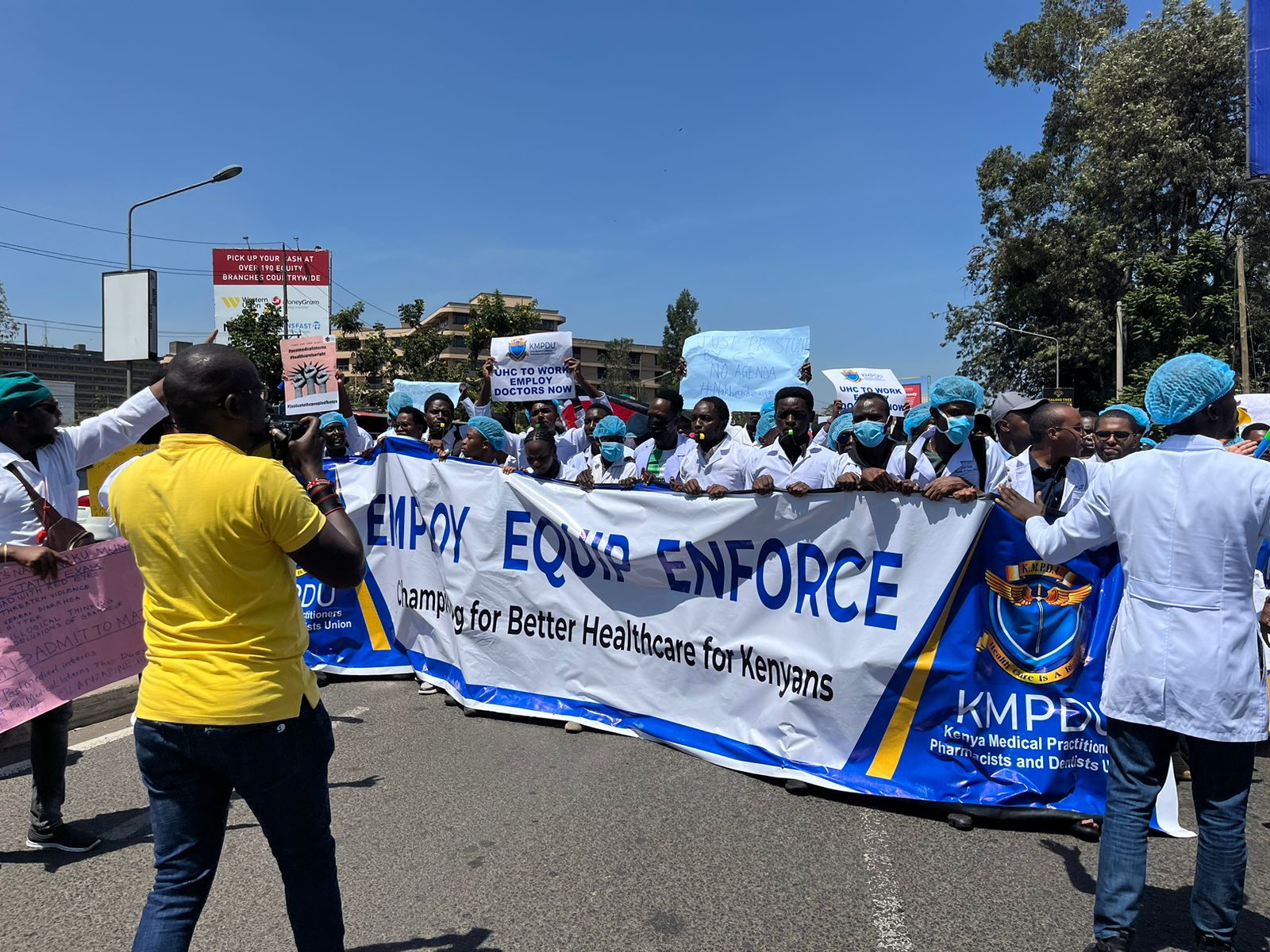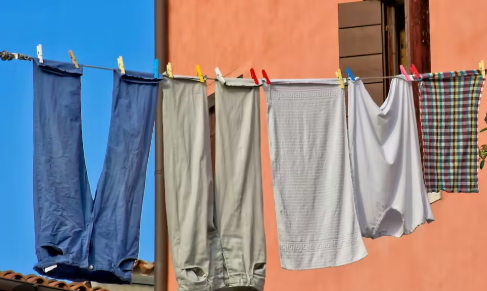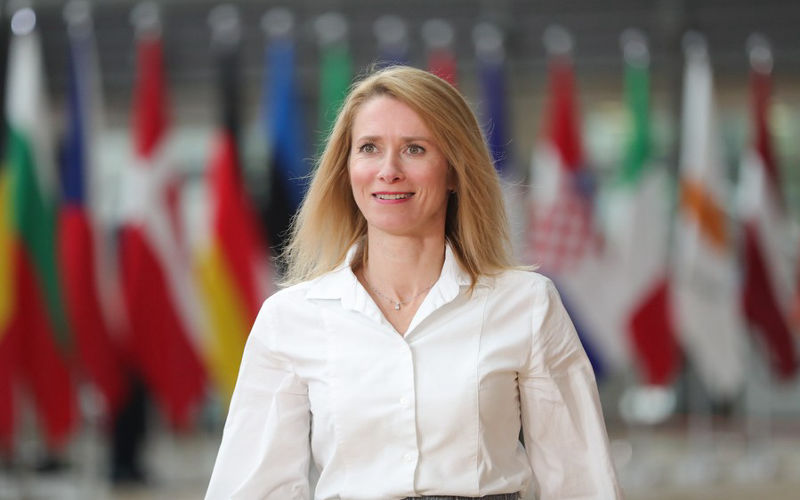Gender job inequalities in Africa killing prospects of an equal society – IMF
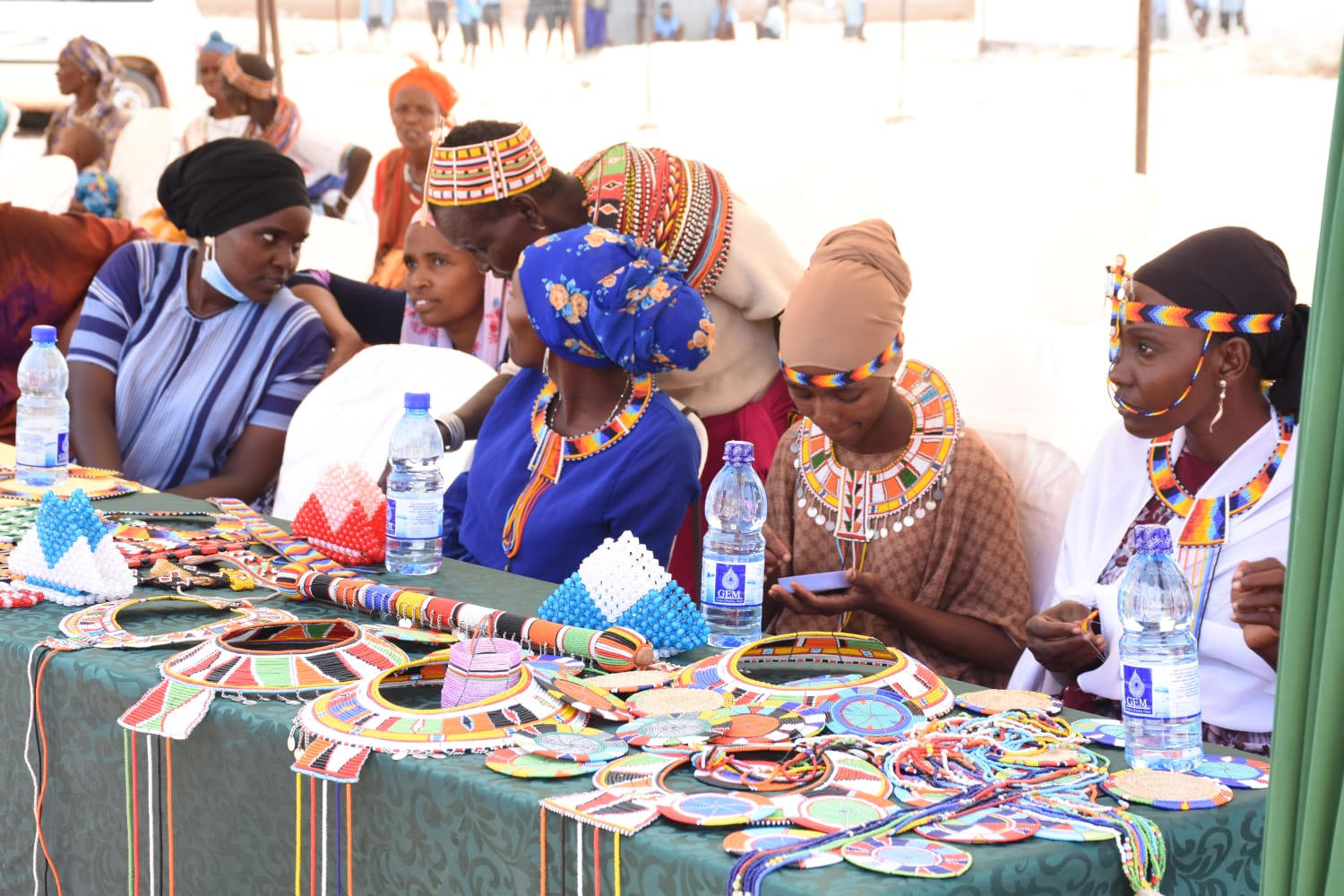
Gender pay gaps are also often wide as a result of women working in less quality jobs compared to their male counterpart.
The commonly considered reasons for including women in the labour force — poverty eradication and the need to work in subsistence agriculture — are not helping in reducing gender inequality.
An October study published by the international lender, the International Monetary Fund (IMF), says the above basis for including women in the labour force is exacerbating the differences in job quality between the genders.
More To Read
- IMF revises global growth outlook to 3 per cent for 2025
- At least 22 dead in Angola amid protests over fuel price hike
- Senate flags Policyholders Compensation Fund over diversity gaps
- MPs propose special seats to meet Kenya’s two-thirds gender rule quota
- Petition to dissolve Parliament, Senate over gender rule forwarded to CJ Martha Koome
- Treasury CS John Mbadi explains why State shunned subsidy as fuel prices hike
This could then dent the prospects for ending gender inequality come 2030, a goal enshrined in Sustainable Development Goal (SDG) 5.
The Goal seeks to eliminate the many root causes of discrimination curtailing women's rights in private and public spheres.
According to the lender, higher female labour force participation rates in African states are often driven by poverty and the need to work in subsistence agriculture.
"As a result, the quality of jobs differs significantly for men and women: Women are therefore more likely to be in informal employment than men," the study notes.
"In Kenya, for instance, female labour force participation rates are high, but women often occupy precarious positions with limited job security and benefits."
Gender pay gaps are also often wide as a result of women working in less quality jobs compared to their male counterparts, the study report adds.
The lender notes that this could negate further the progress countries in sub-Saharan Africa have made towards closing the gender equality gap over the last two decades.
Notably, Kenya has made good progress in addressing gender issues, as evidenced by its recent improvement in global gender equality rankings.
The 2024 Global Gender Gap Index by the World Economic Forum, shows Kenya has moved up from position 77 to 75 worldwide, achieving a score of 0.712.
The index highlights that while no country has reached complete gender parity, 97 per cent of the economies assessed have closed over 60 per cent of their gender gaps, an increase from 85 per cent in 2006.
In Africa, Kenya ranks 13th and is 4th in East Africa, trailing only behind Rwanda, Burundi, and Tanzania.
This indicates that while Kenya excels in certain areas, there remains significant room for improvement.
The Global Gender Gap Index evaluates four key dimensions: economic participation and opportunity, educational attainment, health and survival and political empowerment.
Kenya's rankings in these categories are 13th, 135th, 52nd, and 80th, respectively.
Compared to the 2023 report, the country has shown improvement in economic participation and opportunity as well as health and survival.
However, East Africa's largest economy has seen a decline in political empowerment, dropping from 75th to 80th place, and has also fallen in educational attainment, with a score of 0.877.
The study by the IMF highlights further significant barriers that women tend to face in the labour market, killing the prospect of an equal society.
These include discrimination and limited access to productive resources, such as land and credit.
"Indeed, while access to finance has generally increased in the region, sub-Saharan African women face limited access to formal financial institutions, which restricts their ability to save, invest and grow their businesses," the lender says.
"Harmful practices and gender-based violence are also a concern. The incidence of child marriage remains significant in most countries in the region, increasing the risk of early pregnancy, constraining girls' school attendance and suppressing economic growth."
It adds that gender-based violence remains prevalent and results in substantial development losses, and were there a one-percentage-point reduction in the share of women experiencing intimate partner violence, economic activity could be boosted by almost nine per cent.
Generally, the study reveals that closing gender gaps in labour force participation in sub-Saharan African countries could boost GDP by up to 30 per cent.
Looking ahead, the study says closing gender gaps in opportunities, such as in education and health, would alleviate demographic pressures and support human capital development.
First, it notes that higher levels of education among women are associated with lower rates of child marriage and adolescent fertility which can help reduce dependency ratios.
"Falling dependency ratios in turn decrease the economic burden on the working-age population, creating a more favourable environment for economic growth."
Second, closing these gaps contributes to a more educated and healthy population overall, since women tend to prioritise household resources for children's education. It also increases female labour force participation and boosts economic productivity, the report adds in part.
Top Stories Today

